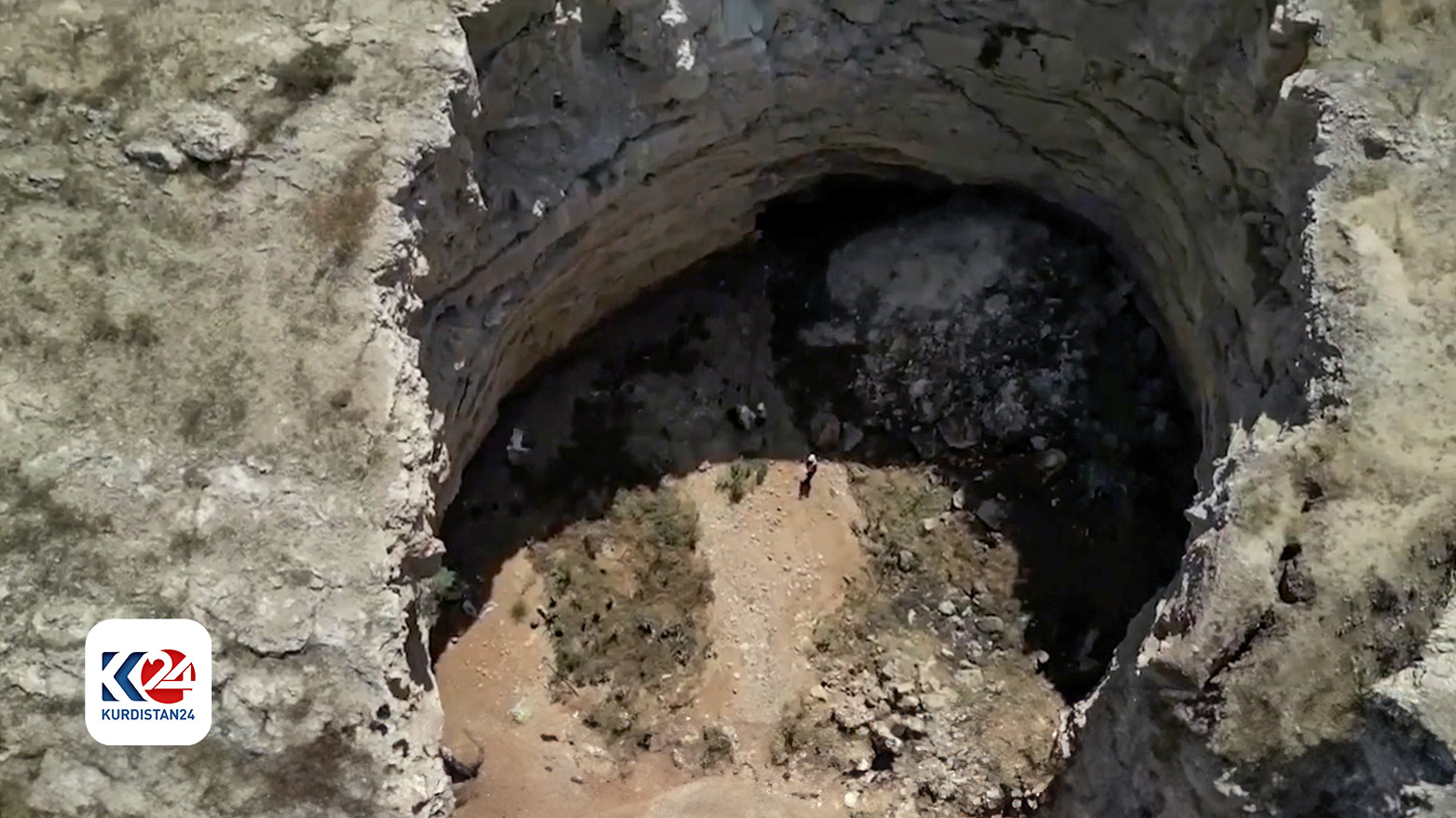HRW: Mass Graves in Iraq Hold Remains of Hundreds of Thousands, Urges Increased Efforts for Justice
The Strategic Center for Human Rights in Iraq estimates that these mass graves may contain the remains of 400,000 people, making Iraq one of the countries with the highest number of missing persons, estimated between 250,000 and 1 million, many likely buried in these graves.

ERBIL (Kurdistan 24) – Hundreds of thousands of victims of unlawful killings remain buried in mass graves across Iraq, Human Rights Watch (HRW) said on Tuesday.
These graves hold the remains of individuals from various conflicts, including Saddam Hussein's 1988 genocide against the Kurds and mass killings by the Islamic State (ISIS) between 2014 and 2017.
According to Human Rights Watch, the United Nations Investigative Team to Promote Accountability for Crimes Committed by Da’esh (UNITAD) has supported Iraq’s Mass Graves Department and Forensic Medicine Department in exhuming 67 mass graves linked to ISIS since its establishment by the UN Security Council in 2017. However, UNITAD’s mandate is set to expire in September 2024, raising concerns about the continuation of these efforts.
“Mass graves are painful reminders of the most violent chapters of Iraqi history and exhuming them is crucial for allowing families of victims – and the nation – to get any hope of justice and heal from these wounds,” said Sarah Sanbar, Iraq researcher at Human Rights Watch. “People have a right to know the fate of their loved ones and give them a proper and dignified burial.”
The Strategic Center for Human Rights in Iraq estimates that these mass graves may contain the remains of 400,000 people, making Iraq one of the countries with the highest number of missing persons, estimated between 250,000 and 1 million, many likely buried in these graves.
Human Rights Watch calls on the Iraqi government to enhance efforts to exhume bodies, identify victims, and return remains to families for proper burial. The government is also urged to issue death certificates and compensate families, as required by Iraqi law.
Dhiaa Karim Taama, director general of Iraq’s Mass Graves Affairs and Protection Department, noted that 288 mass graves have been exhumed since 2003, but emphasized the need for a unified national registry to accurately account for the number of victims.
UNITAD has played a key role in supporting Iraqi authorities in these efforts, including the exhumation of 1,237 bodies from the Camp Speicher massacre, where ISIS killed 1,700 soldiers and cadets in June 2014. With UNITAD's departure looming, there are concerns about the Iraqi government’s capacity to continue this critical work.
Victims' families face long delays in the identification process, further compounded by bureaucratic hurdles, preventing them from obtaining closure and accessing compensation. The backlog of cases and the limited capacity of Iraq’s only licensed DNA identification laboratory in Baghdad contribute to the slow pace of progress.
Human Rights Watch and other advocates stress the importance of exhuming mass graves to ensure justice, accountability, and healing. They call for increased funding and capacity-building for the Mass Graves Directorate and the Medico-Legal Directorate to support these efforts.
“Exhuming all of Iraq’s mass graves will require a serious and sustained commitment from Iraqi authorities, and it’s one that must absolutely be made,” Sanbar said. “Healing the wounds of the past won’t be possible without it.”